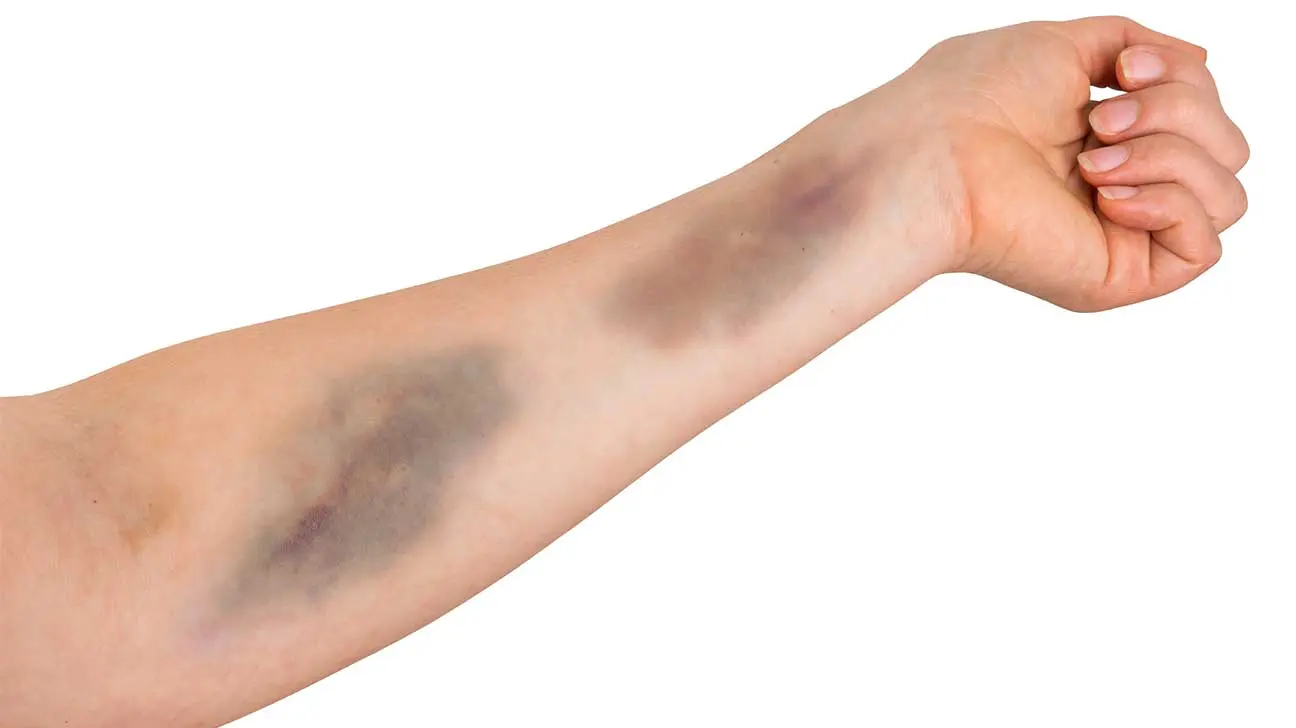
In 2017, it was estimated that more than 652,000 people in this country were addicted to heroin. This number of dependencies includes children as young as 12 years of age.
The opioid epidemic has increased in the past two decades, and officials are scrambling for ways to combat this horrific problem. Why are so many seeking this drug to help them cope with life?
Heroin is a highly addictive opioid. When people inject heroin, the drug produces the desired high instantly, increasing addictiveness.
With just a short time of abuse, heroin injection abuse turns into heroin dependence, making it impossible to quit without help.
How People Shoot Up (Inject) Heroin
Heroin users don’t simply take a pill; they must be creative in their attempts to get a rush. They can smoke it or snort it.
However, to get the greatest high, they inject heroin into their veins, which is called mainlining. It causes atrocious damage to the body.
Heroin injection can be dangerous if the person uses contaminated paraphernalia (i.e. a dirty needle), if they obtain drugs that have been tainted with poor fillers, or if they don’t know how to inject heroin.
The average substance user will inject heroin anywhere from three to five times each day. The vein will only be able to sustain so many punctures before it blows or rolls. They will need to find a new location to use as the vein needs time to heal.
Where In The Body Do You Shoot Heroin?
Most users like to inject at the bend in the arm, and it’s almost in the same location where a physician would perform a blood draw. Arms can only take so many injections, however, before the person needs to move on to other areas on the body.
Individuals can shoot heroin anywhere there is a vein, but it won’t be as easy as using the arms. Someone with a severe heroin addiction can run out of usable veins very quickly.
A user can get desperate to find a spot suitable to inject heroin, and some go as far as using the veins in the genital region.
Some refuse to use the arms at all and look for the most inconspicuous place. Most parents, police, medical officials, and others look for injection marks in the traditional spot.
So by being creative or carefully secretive, individuals who are shooting up heroin can learn to use areas that are often overlooked to hide their addiction.
Warning Signs Of Heroin Shooting (Injection)
One of the first signs that someone has begun to shoot heroin or another drug is wearing long sleeve shirts in the middle of summer. The reason for the long sleeves is to cover any needle marks.
As the veins blow and roll, they can bruise and leave damage on the arm. Heroin addiction is often accompanied by shame and guilt when the high wears off, so the person will do anything to hide their heroin abuse.
Heroin injection can change a person with just one use. Once addicted, they will want more of the drug and become obsessed with scoring another hit.
You may notice bloodshot eyes, problems with extreme mood swings, and changes in weight. Someone who uses excessive amounts of heroin may have a pale-yellow cast to their skin as the drug is affecting their liver.
Knowing When It’s Time To Get Help For Heroin Injection
If a person is shooting up heroin, they need a professional team of experts to help them conquer this addiction. Because of the power of this drug, it takes a medically assisted program to help thwart the effects.
When many people come to addiction treatment for heroin, they have abscesses and skin infections, as well as weak muscles. They may have lost teeth, have poor skin, and are at rock bottom.
Thankfully, our team of addiction treatment experts can help you or a loved one with your heroin addiction. The sooner you get help, the better your life will become as you enter recovery.
There is hope available no matter how addicted to this drug you have become, and it all starts with a simple phone call.
Addiction Resource aims to provide only the most current, accurate information in regards to addiction and addiction treatment, which means we only reference the most credible sources available.
These include peer-reviewed journals, government entities and academic institutions, and leaders in addiction healthcare and advocacy. Learn more about how we safeguard our content by viewing our editorial policy.
- Drug Free World — Heroin
https://www.drugfreeworld.org/drugfacts/heroin.html - Substance Abuse and Mental Health Services Administration — Key Substance Use and Mental Health Indicators in the United States: Results from the 2017 National Survey on Drug Use and Health
https://www.samhsa.gov/data/report/2017-nsduh-annual-national-report


